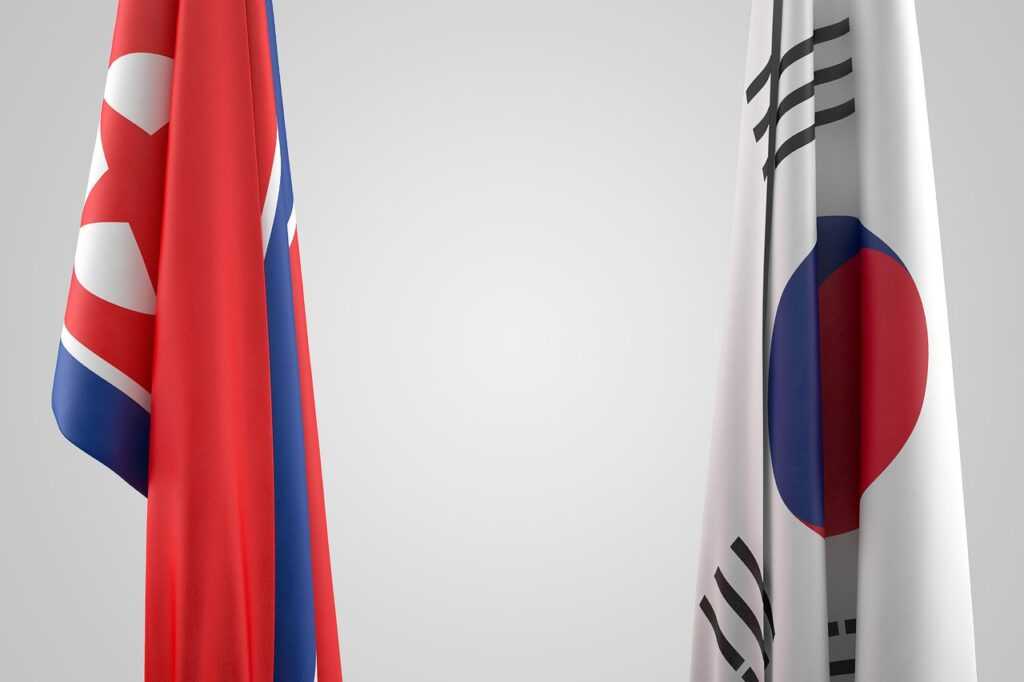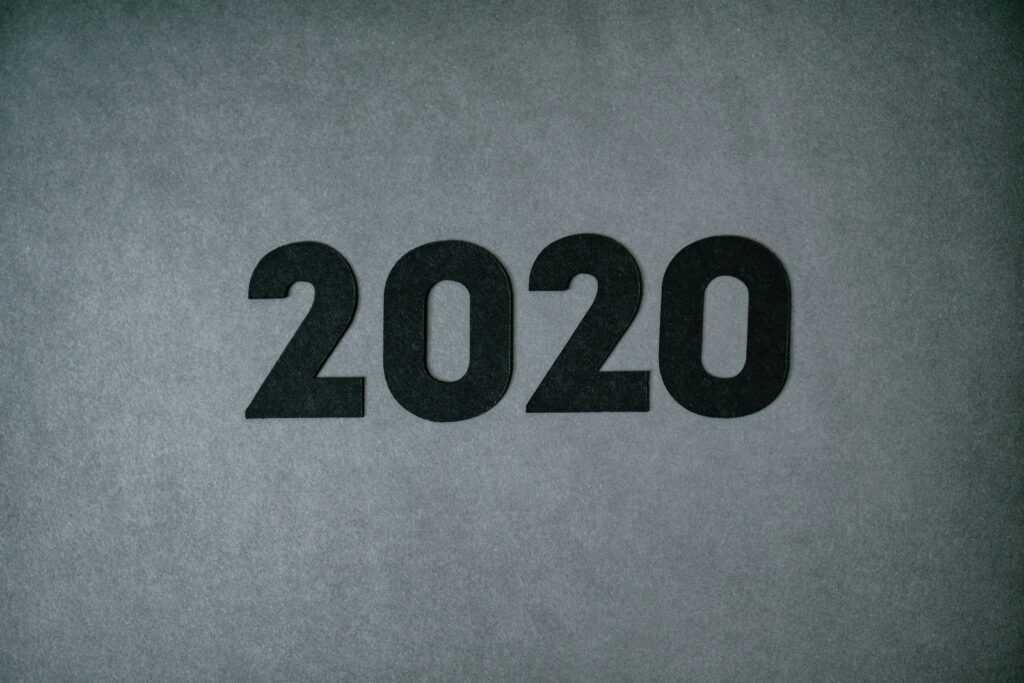In today’s interconnected world, staying informed about global current affairs is essential. From political developments to economic trends and cultural shifts, understanding the latest news on a global scale can provide valuable insights into the state of the world. As I delve into the complexities of international relations, I aim to shed light on the most pressing issues shaping our global landscape.
Exploring the ever-evolving dynamics of global current affairs allows me to offer a fresh perspective on the challenges and opportunities facing nations worldwide. By analyzing key events and their implications, I strive to keep my readers informed and engaged with the rapidly changing global environment. Join me as we navigate the intricate web of international news and unravel the complexities that define our shared global reality.
Overview of Global Current Affairs
Exploring global current affairs offers a window into the intricate web of international dynamics that influence our world. Analyzing political shifts, economic trends, and cultural phenomena allows us to grasp the evolving landscape that shapes nations’ destinies. Understanding the interconnectedness of global events provides valuable insights into the challenges and opportunities that define our era. Delving into international news enriches our perspective, enabling us to navigate the complexities of our intertwined world with greater awareness and comprehension.
Impact of Global Current Affairs on International Relations
Global current affairs play a pivotal role in shaping diplomatic relations between countries. The ever-changing political landscape, influenced by factors such as conflicts, treaties, and alliances, directly impacts how nations interact with one another. It’s crucial to monitor these developments closely as they can either strain or strengthen diplomatic ties, ultimately affecting the overall global geopolitical balance.
When examining global trade agreements, one can witness the direct correlation between current affairs and international economic relations. Trade agreements, tariffs, and trade disputes are all significantly influenced by the prevailing global current affairs. These agreements not only impact the economies of the participating countries but also contribute to the broader economic stability of regions and the world. Understanding the implications of these agreements in the context of current affairs is essential for comprehending the intricacies of international trade dynamics.
Global Current Affairs in Economic Perspectives
Analyzing recent global current affairs from an economic lens reveals the intricate interplay between nations’ financial landscapes. Economic policies and trade agreements significantly impact the global economic system, shaping the prosperity and stability of countries worldwide. For instance, shifts in tariffs between nations can spark trade disputes that reverberate across international markets, influencing consumer prices and business strategies.
Exploring deeper into economic perspectives of global current affairs underscores the importance of understanding the implications of economic decisions made by governments and international organizations. Nations often engage in negotiations to foster economic growth and address disparities, leading to the establishment of trade partnerships and treaties aimed at bolstering economic ties and mutual benefits.
The connection between current affairs and economic relations is undeniable, with global economic stability hinging on the outcomes of key economic decisions, such as interest rate adjustments, investment strategies, and market regulations. By closely monitoring these economic developments within the broader context of global current affairs, individuals can gain valuable insights into the evolving economic landscape and make informed decisions in an increasingly interconnected world.
The Role of Media in Shaping Global Current Affairs
Exploring the critical role of media in shaping global current affairs is a captivating endeavor. Media plays a pivotal part in disseminating information, influencing public opinion, and holding governments and institutions accountable. The power of media in shaping narratives and perceptions on a global scale cannot be understated.
- Media Influence on Public Perception
Media outlets have the ability to frame stories, control narratives, and shape public opinion. Through news coverage, analysis, and commentary, media organizations provide a lens through which audiences view global events. By emphasizing certain aspects of a story or highlighting specific angles, media can influence how people perceive and interpret international developments. For instance, a news report focusing on the humanitarian aspects of a conflict can evoke empathy and prompt support for relief efforts. - Agenda Setting and Prioritization
In the realm of global current affairs, media acts as a gatekeeper by determining which issues receive attention and how they are prioritized. Editors, journalists, and media professionals engage in agenda setting, selecting which stories to cover and how to present them to the public. The decisions made by media entities can influence the salience of international events, shaping public discourse and directing attention towards specific issues. For example, extensive media coverage of a diplomatic summit can elevate its importance in the eyes of the audience, potentially influencing political decision-making. - Holding Power to Account
One of the fundamental functions of the media in global current affairs is to act as a watchdog, holding governments, corporations, and influential figures accountable for their actions. Investigative journalism plays a crucial role in uncovering wrongdoing, exposing corruption, and promoting transparency. Through in-depth reporting and analysis, media outlets can shed light on critical issues, triggering public debate and calls for reform. For instance, investigative reports revealing human rights abuses in a certain region can galvanize international responses and pressure governments to address the violations. - Fostering Global Dialogue
In an interconnected world, media serves as a platform for fostering global dialogue and understanding. Through diverse perspectives, cross-border collaborations, and exchange of ideas, media outlets contribute to the exchange of information and cultural insights. By showcasing diverse narratives and voices, media can bridge gaps, challenge stereotypes, and promote mutual understanding among audiences worldwide. For example, international news outlets that provide comprehensive coverage of global events facilitate cross-cultural engagement and promote empathy towards different communities.
In essence, media plays a multifaceted role in shaping global current affairs by influencing public perception, setting agendas, holding power to account, and fostering global dialogue. Its impact extends far beyond traditional news reporting, becoming a powerful force in shaping the interconnected landscape of international relations and current events.


